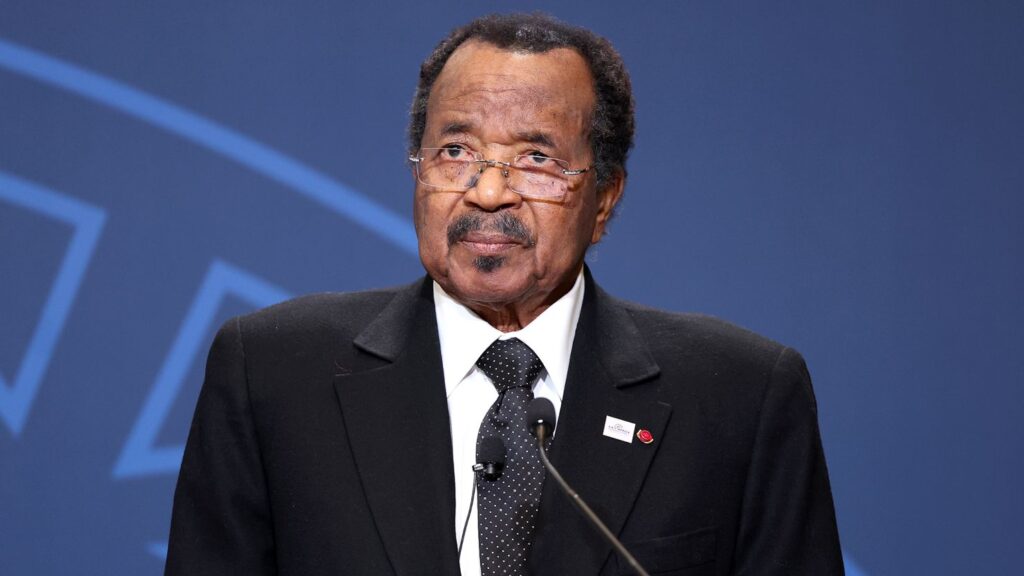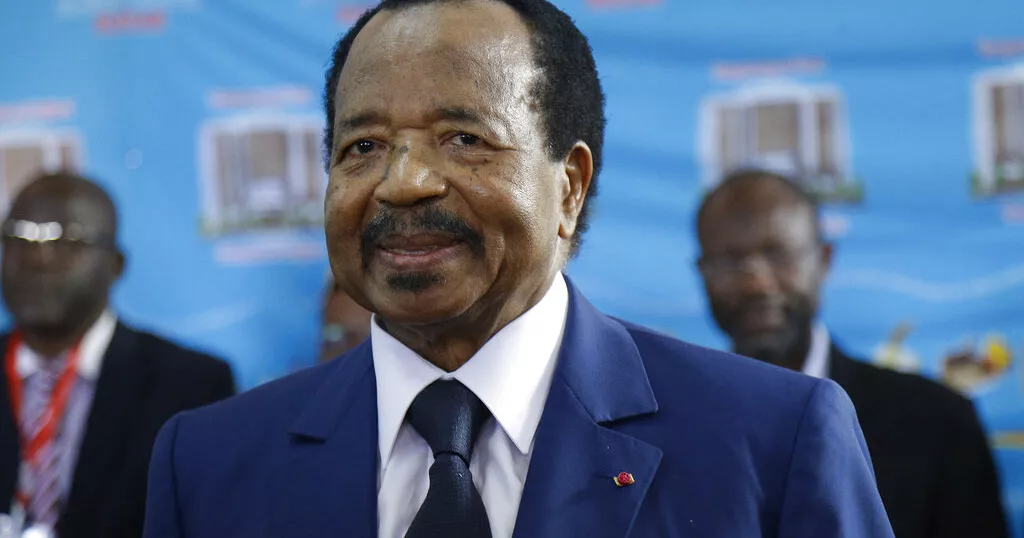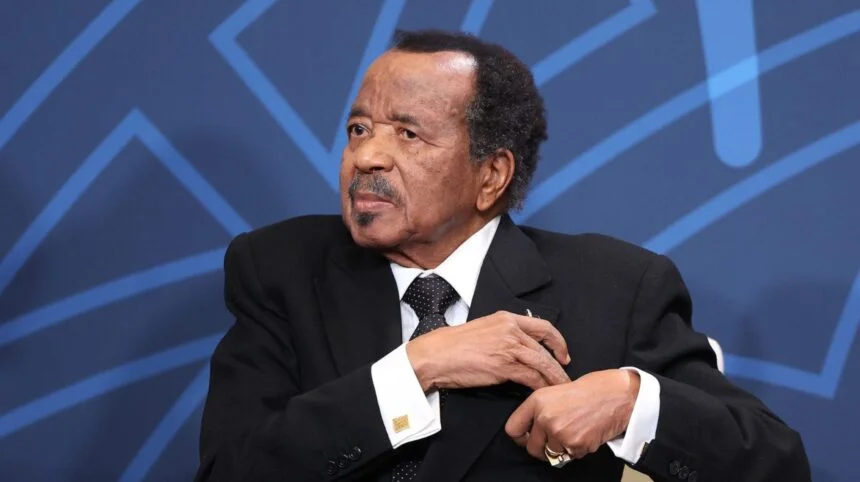Cameroon’s president reshuffles military ranks by promoting loyal generals and replacing key commanders. New leaders now head the navy, infantry, and air force. Eight brigadier generals were elevated to major generals, ensuring fresh command at critical posts.
One of the newly promoted figures is in charge of a powerful special forces unit often deployed to handle high-risk security situations. A new military adviser has also been appointed to directly support the presidency. These updates signal a firm intention to consolidate power within the president’s trusted circle.
Read more about Africa’s military transitions.

Stability a Top Concern as Election Approaches
Security remains a major concern in Cameroon. Ongoing violence in the English-speaking regions and threats from armed groups in the north have destabilized several communities. The government sees a loyal and well-structured military as key to handling these issues during the upcoming vote.
By strengthening his control over the armed forces, the president is preparing to respond quickly to any form of unrest or protests during the election period.

Public Reactions Raise Questions
The announcement of the president’s re-election bid and the military reshuffle triggered public debate. Many citizens took to social media to express concerns over his health and long rule. Critics believe the changes are designed to silence dissent and secure continued political dominance.
Despite these concerns, the administration insists the changes are routine and aimed at maintaining order. However, many see this move as a calculated step to tighten control ahead of potential political tension.
What the Future Holds for Cameroon
As Cameroon’s president reshuffles military forces, the country faces a critical turning point. The October election is expected to test the strength of the institutions and the people’s demand for democratic leadership. The leadership hopes that a loyal military will ensure peace during and after the vote.
With control of vital security positions, the president is well-positioned to manage any challenges. Whether this will lead to long-term stability or fuel further public discontent remains uncertain.

